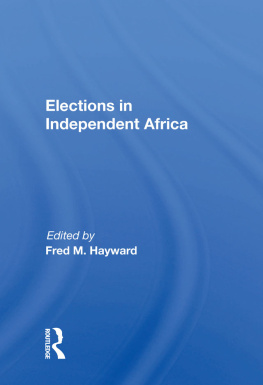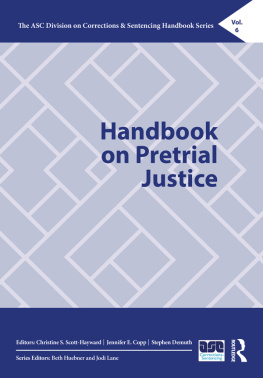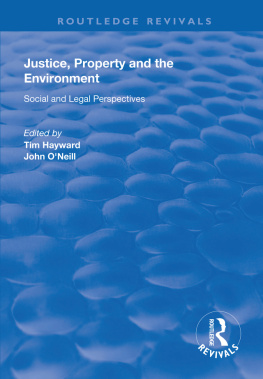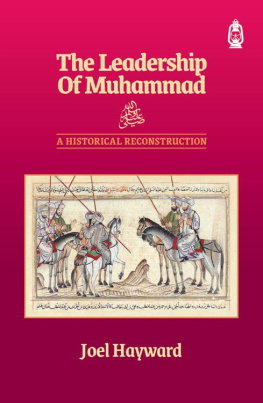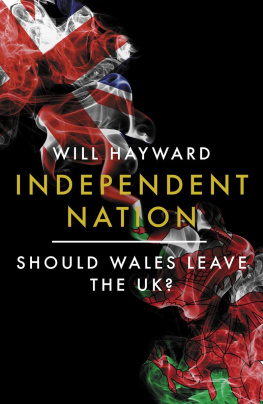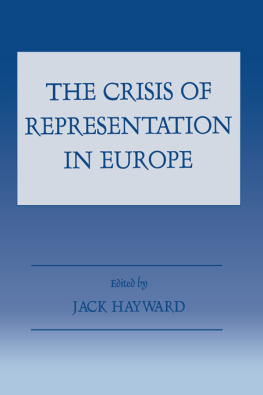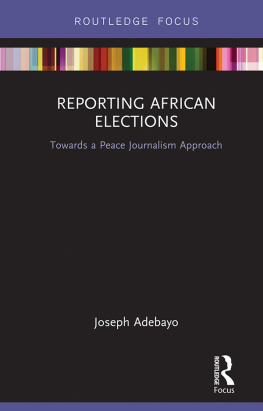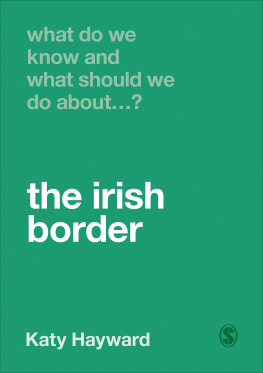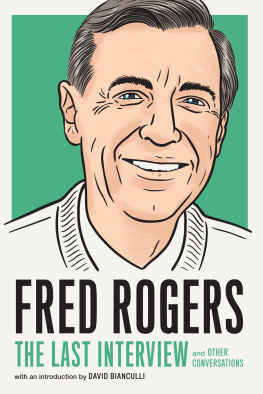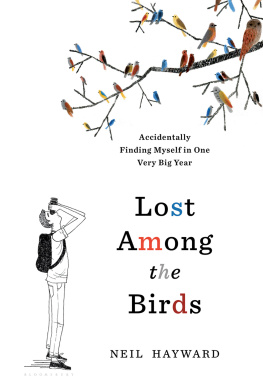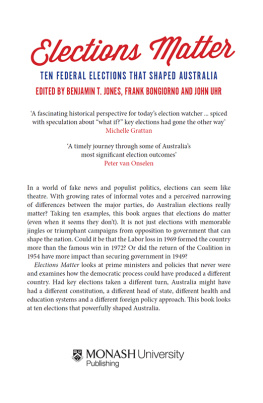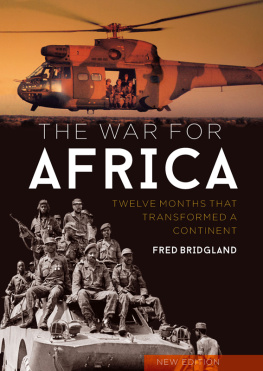Elections in Independent Africa
About the Book and Editor
The electoral process has been an integral part of the political landscape of independent Africa for more than a quarter-century and has roots going back to traditional African societies. An examination of the independence period demonstrates the rich diversity of forms, experiences, and meanings of elections in Africa. For some observers, elections are a clear example of multiple failures in Africathe failure of democracy and institutional transfer and the breakdown of much of the African political process in general. The authors of this book argue that elections in Africa have played a much more significant role than has commonly been recognized; that in spite of problems, elections are an important part of African contemporary political life. It has been too easy to dismiss elections in Africa as irrelevant because there are fewer today than there were two decades ago or because they have frequently failed to conform to democratic norms. However, in a period in which the primary trends of government are toward exclusion, African elections provide one of the few instruments of political action open to civil society.
This study of the electoral process suggests a number of themes and conclusions about the relationship of the electoral process to state power and institutions, elite competition, mass participation, legitimacy and its limits, ethnic conflict, mobilization, party competition, authoritarian regimes, the growing incidence of electoral violence, and mass support for democratic values. Fred M. Hayward's substantive introduction discusses the electoral process in general. Eight case studies of key African countries then illustrate the varied meanings and implications of elections in independent Africa, and in the final chapter Hayward draws conclusions about the role and impact of elections.
It is clear that although electoral processes have demonstrated a certain fragility, both the form and the process have shown remarkable resilience. This book suggests that there is a need to rethink conventional assumptions about elections, making use of a broader base of experience and meanings.
Fred M. Hayward is professor of political science and academic associate dean for the social sciences at the University of Wisconsin, Madison.
Elections in Independent Africa
edited by
Fred M. Hayward
First published 1987 by Westview Press, Inc.
Published 2018 by Routledge
52 Vanderbilt Avenue, New York, NY 10017
2 Park Square, Milton Park, Abingdon, Oxon OX14 4RN
Routledge is an imprint of the Taylor & Francis Group, an informa business
Copyright 1987 Taylor & Francis
All rights reserved. No part of this book may be reprinted or reproduced or utilised in any form or by any electronic, mechanical, or other means, now known or hereafter invented, including photocopying and recording, or in any information storage or retrieval system, without permission in writing from the publishers.
Notice:
Product or corporate names may be trademarks or registered trademarks, and are used only for identification and explanation without intent to infringe.
Library of Congress Cataloging-in-Publication Data
Elections in independent Africa.
(Westview special studies on Africa)
1. ElectionsAfricaHistory20th century. 2. AfricaPolitics and government1960I. Hayward, Fred M. II. Series.
JQ1879.A5E44 1987 324.96'032 86-9109
ISBN 13: 978-0-367-00881-9 (hbk)
To
Kent, Alexandra,
Mark, and Adrian
Contents
, Fred M. Hayward
, Fred M. Hayward and Jimmy D. Kandeh
, Naomi Chazan
, Paul A. Beckett
, John D. Holm
, Joel Samoff
, M. Crawford Young
, Joel D. Barkan
, Fred M. Hayward and Siba N. Grovogui
, Fred M. Hayward
This study had its origins in interviews I was carrying out in rural Ghana in 1970. At that time I was struck by the level of political knowledge and the sophistication of the rural people I was interviewing, often in contrast to the students I had been teaching the day before. Conventional wisdom at that time maintained that the rural masses in Africa were ignorant; that they did not know much about government, the political process, who represented them, or how the political system operated. That was patently not the case in Ghana. In fact, my own research indicated that their level of political knowledge was slightly higher than that in the United States.
These observations were being made at a time when the opportunities for public participation in the political process were being reduced in most of Africa, and in a context in which many African elites (and some external observers) seemed to agree that development would progress faster without the potentially destabilizing consequences of mass mobilization and competitive elections. At the time it struck me that there was something wrong with this formulation. While political elites might conceive of the masses as ignorant or unable to effectively participate in electoral politics, this view did not seem in accord with what I was seeing and hearing around me. Ghanaians had just voted, after years of authoritarian rule, and they were very pleased and proud to have done so. They were very aware of what was happening, who was helping them, and who was manipulating or abusing them. This experience reminded me of similar observations in both urban and rural Sierra Leone during the 1967 national elections. I recalled being struck by the commitment of rural and urban voters to democratic norms, their opposition to the idea of a one-party state, and their expression of disenchantment with the regime in powerdisenchantment they soon expressed by voting them out of office.
This suggested that there was something very important going on, but in 1970 I did not realize the magnitude of the process that was unfolding. It was clear that what I was observing was much more than a consequence of the recruitment of people by elites hoping to gain office or a result of the "masses" having been turned out to vote by chiefs. These individuals had been involved in the process, the debate, the questioning of candidates, the exchanges of views. They had been willing to walk miles to the polling places, to stand for hours in the sun or the rain, and they had worked to see that their candidates won. What I saw was also in marked contrast to voting in much of Europe and the United States where a little rain reduces an already shockingly low level of voter participation.
The period of the late 1960s and early 1970s, however, was one in which the fortunes of electoral competition and open political debate were on the wane. Military rule was on the ascendance, and authoritarian and personal regimes seemed to be the order of the day. Electoral politics appeared to have lost its appeal in the eyes of a large number of African elites. And Ghana's electoral politics were soon to succumb once more to military rule as had those in Sierra Leone after the 1967 elections.
Returning to Sierra Leone in 1980-81 to watch the start of the campaign for the 1982 national parliamentary elections, I was again struck by people's desire to participate, their faith in the electoral process, and their insistence on being heard even in the context of a one-party state. Especially remarkable was public response to both high levels of violence and blatant attempts at manipulation. People's refusal to be intimidated and deterred indicated that something important was indeed happening herethat there was a vitality and resilience to electoral forms and principles I had not understood before. People were looking at the electoral process, the vote, as a tool in their own hands. They seemed to see elections as providing them with some small chance for justice. Voting was one of the few weapons they had against an increasingly powerful state, and a surprisingly large number of people were determined to use it as effectively as they could. Reflecting on these events, it seemed time to take another look at elections, to review the process and the accomplishments, and to explore the meanings of elections during the last quarter of a century in independent Africa.


